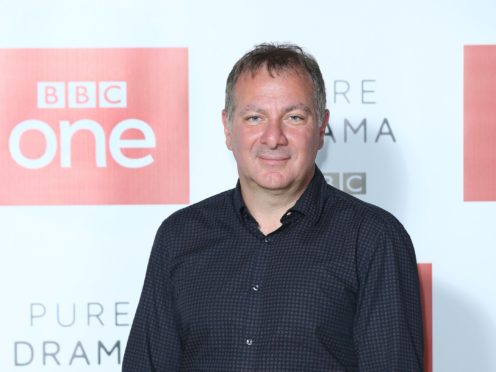Hit drama Line Of Duty was originally rejected by BBC One, writer Jed Mercurio has revealed, as he hit out at “selective amnesia” at the corporation.
The critically acclaimed series stars Martin Compston, Vicky McClure and Adrian Dunbar and is set in the anti-corruption department of a police force.
Line Of Duty first aired on BBC Two in 2012 before its swelling popularity led to a switch to BBC One in 2017.

Mercurio criticised the corporation’s hierarchy as he revealed the show was originally rejected by the channel.
Speaking to the Radio Times, Mercurio said when he first pitched the show he was told police corruption might be problematic for a mainstream audience.
And he hit out at one BBC executive, who he did not name, as he claimed the broadcaster’s controllers “aren’t accountable”.
Mercurio said: “That particular controller never had to justify her decision. It didn’t affect her career, that she turned down something that went on to be the biggest BBC1 drama currently returning.”
He said there is “no point” mentioning it to others at the BBC, as “there’s selective amnesia about things like that”.
Mercurio added: “Everybody, and every TV commissioner or TV executive, who was involved in rejecting Line of Duty now pretends that it didn’t happen.”
Asked if he was bitter, Mercurio said: “It’s not that I seethe, we’re in a fantastic position and I’m certainly not bitter. But if you consider all the other projects that have been rejected over the years, the opportunities missed, and the ones that still are rejected, then of course it’s disappointing.
“You worry that something that you’ve worked on and you believe in is never going to see the light of day.”
Read the full interview in the Radio Times.
